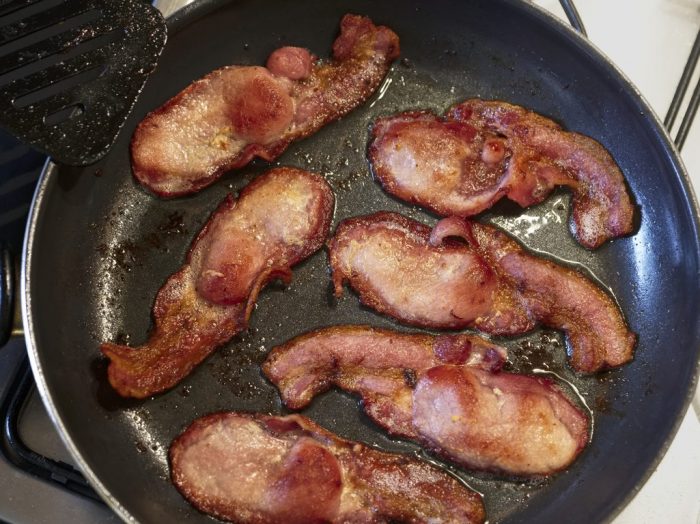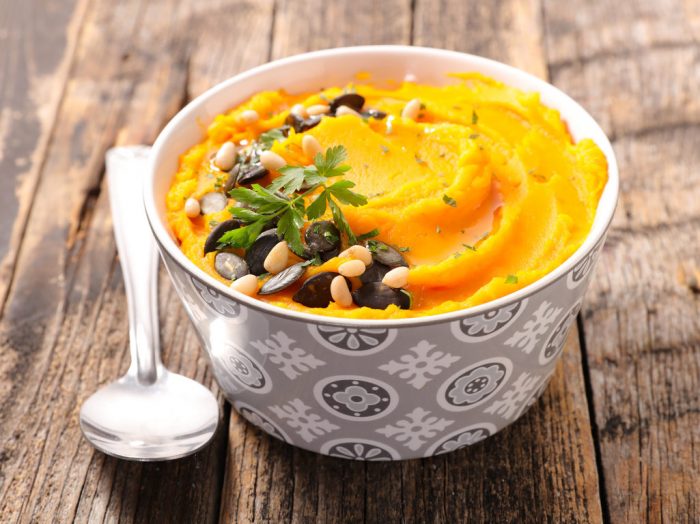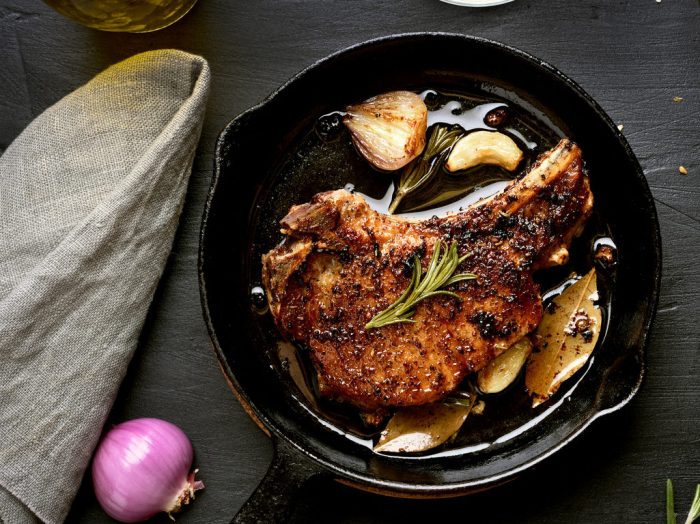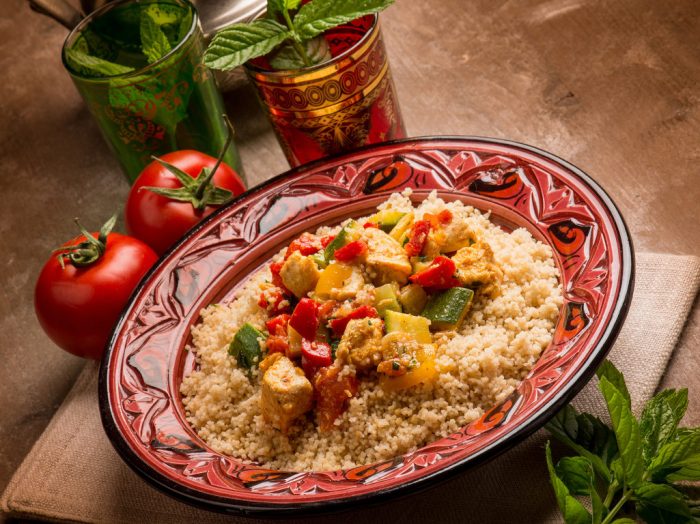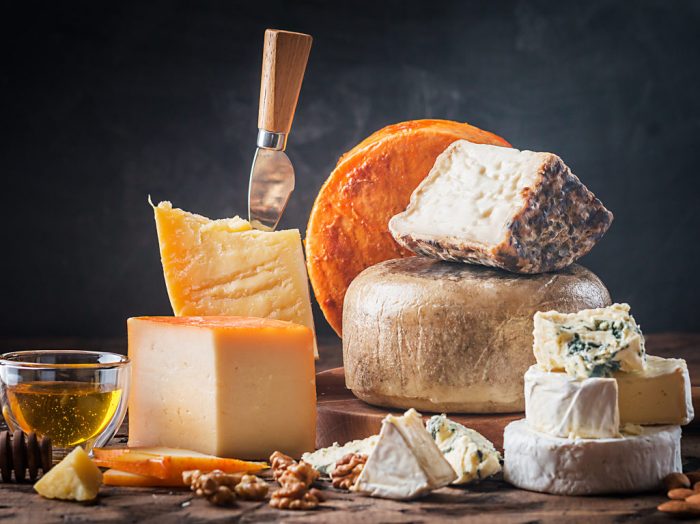Who wants to have a clogged kitchen sink? It’s really annoying and an inconvenience. Isn’t it better if you just develop some healthy habits around your sink and find out which things you should never pour down the drain?
It doesn’t matter if you have a garbage disposal or not. Some things should not be poured down the drain, period. I usually feel like I would much rather protect everything in my kitchen than to end up having to take a day off and get a plumber or have to handle weird smells coming from my drain.
I am not a huge fan of surprises on the home front and I prefer to be careful about these things. Especially since I am a woman living alone and I have to just handle every bit of unpredictable myself. That’s why I’ve researched what kind of foods should be disposed of properly. Here they are.
4 things to never pour down the drain
1. Greasy and fatty things
Whatever has a high-fat content should stay away from your drain. Whether we’re talking about melted butter, margarine, grease, and other fats, you should make sure to get rid of them in other ways. This includes any type of cooking oils, mayo, and whatever greasy salad dressing you might have made.
That’s because they can build over time and create barriers that have water resistance. And that means annoying clogging.
2. Coffee grounds
Sure, doesn’t it seem like a simple way to clean your French press, just rinsing it down with a stream of water and then putting it out to dry? Yeah, let me tell you I have made that mistake in the past. But coffee grounds aren’t soluble in water, which means there’s a pretty significant chance they stick to your pipes, especially if you haven’t completely respected point number one. Coffee grounds should never be poured down the drain because the combo of them and grease can spell catastrophe.
Collect them with a spoon, if you can, and compost them if you do that. Otherwise, just throw them in the trash, in bags.
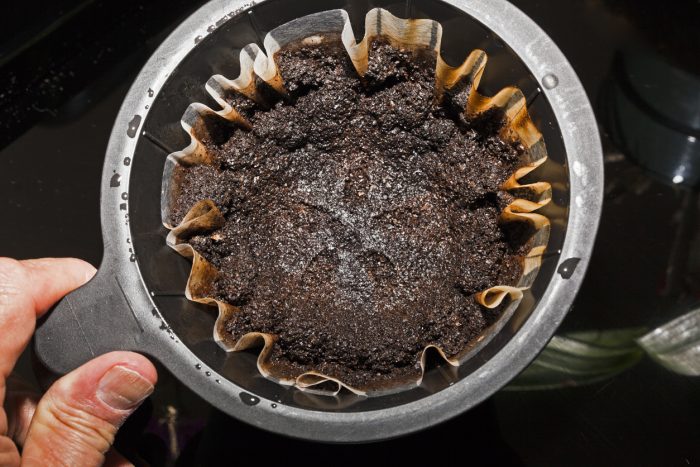
3. Rice and pasta
Sure, rice granules don’t seem like a very dangerous thing to end up down the drain. The problem is that when in contact with water, they tend to absorb it and grow in size. If you’re cooking a lot of rice, they could build up together and form an impenetrable and moist barrier against the water.
It’s quite the same with pasta, too, when you’re draining the pasta water, make sure none of the pasta escapes the sieve and goes on to clog your pipes.
4. Flour
What do you get when you mix flour and water? Think about it carefully and take doughs as an example. It gets really sticky in your hands and so it does in your pipes. The result is pretty much something that has the consistency and adhesive properties of glue. Not something you want in your drain, that’s for sure.

